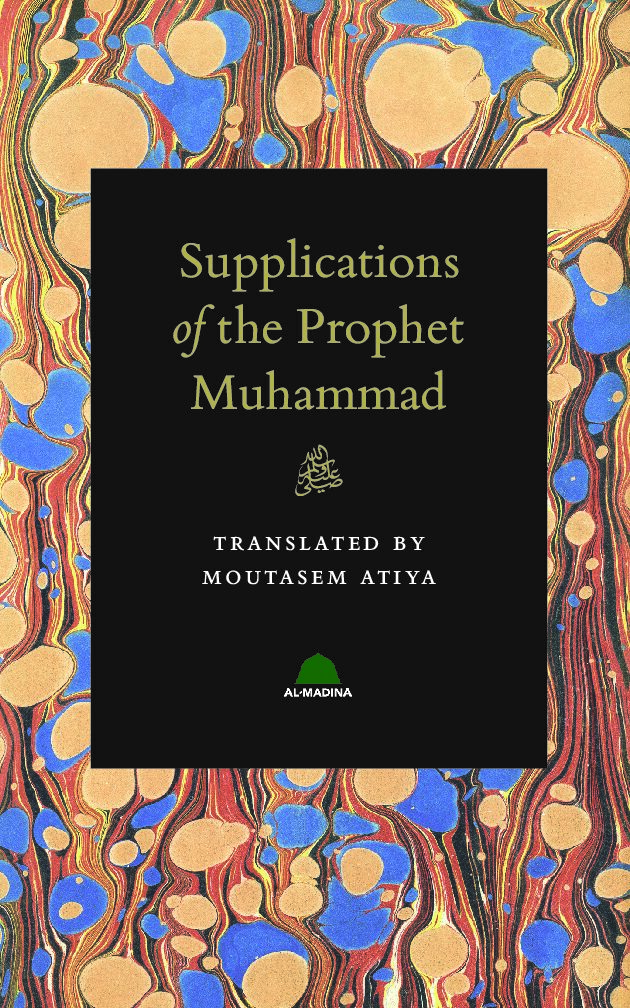Gatherings
During & At the End of a Gathering #1
رَبِّ اغْفِرْ لِيْ وَتُبْ عَلَيَّ ، إِنَّكَ أَنْتَ التَّوَّابُ الرَّحِيْمُ
(1x)
My Lord, forgive me and pardon me. Indeed, You are the Most Relenting and Ever Merciful.
Rabbi-ghfir lī wa tub ʿalayya, innaka Anta-t-Tawwābu-r-Raḥīm.
ʿAbdullāh b. ʿUmar (raḍiy Allāhu ‘anhuma) said: “We counted the Messenger of Allah ﷺ saying [the above] a hundred times during one single sitting.” (Abū Dāwūd 1516 Tirmidhī 3434)
During & At the End of a Gathering #3
سُبْحَانَكَ اللّٰهُمَّ وَبِحَمْدِكَ ، أَشْهَدُ أَنْ لَّا إِلٰهَ إِلَّا أَنْتَ ، أَسْتَغْفِرُكَ وأَتُوْبُ إِلَيْكَ
(1x)
You are free from imperfection, O Allah, and all praise is to You. I bear witness that there is no god but You. I seek Your forgiveness and turn to You in repentance.
Subḥānaka-llāhumma wa bi ḥamdik, ash-hadu al-lā ilāha illā Ant, astaghfiruka wa atūbu ilayk.
The Messenger of Allah ﷺ said: “Whoever sits in a gathering in which there is much meaningless chatter and says [the above] before he gets up to leave that gathering, he will be forgiven for all that took place in that gathering.” (Tirmidhī 3433)
Concluding the Recitation of the Qur'an
سُبْحَانَكَ وَبِحَمْدِكَ ، لَا إِلٰه إِلَّا أَنْتَ ، أَسْتَغْفِرُكَ وَأَتُوْبُ إِلَيْكَ
(1x)
You are free from imperfection, and all praise is to You. There is no god but You. I seek Your forgiveness and turn to You in repentance.
Subḥānaka wa bi ḥamdik, lā ilāha illā Ant, astaghfiruka wa atūbu ilayk.
ʿĀ’ishah (raḍiy Allāhu ʿanhā) said: “The Messenger of Allah ﷺ never sat in a gathering, or recited Qur’ān, or performed a prayer except that he would conclude that act with these words.” She says: “So I asked him: ‘O Messenger of Allah, I see that you do not sit in a gathering, recite Qur’ān or perform prayer except that you conclude with these words?’ He replied: ‘Yes. Whoever uttered good words, then these words [the above] will be a seal for them, and whoever uttered something evil, then these words will be its expiation.’” (Nasā’ī in al-Sunan al-Kubrā’ 10067, Nasā’ī in ʿAmal al-Yawm wa-l-Laylah 308, Ṭabarānī in al-Duʿā’ 1912)



